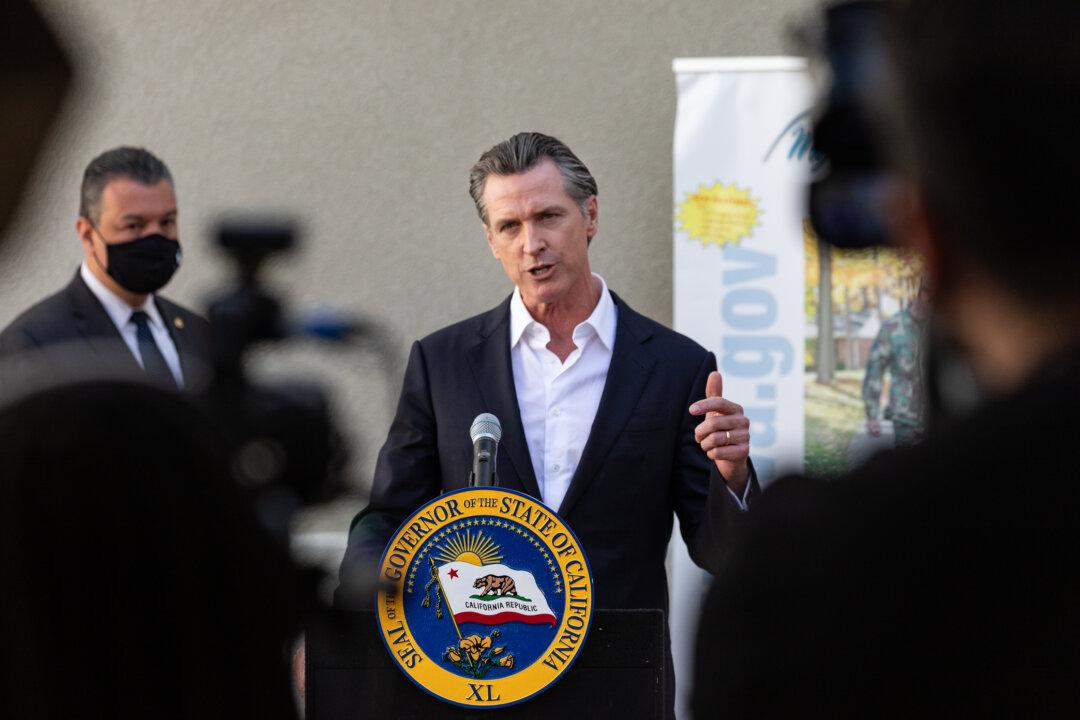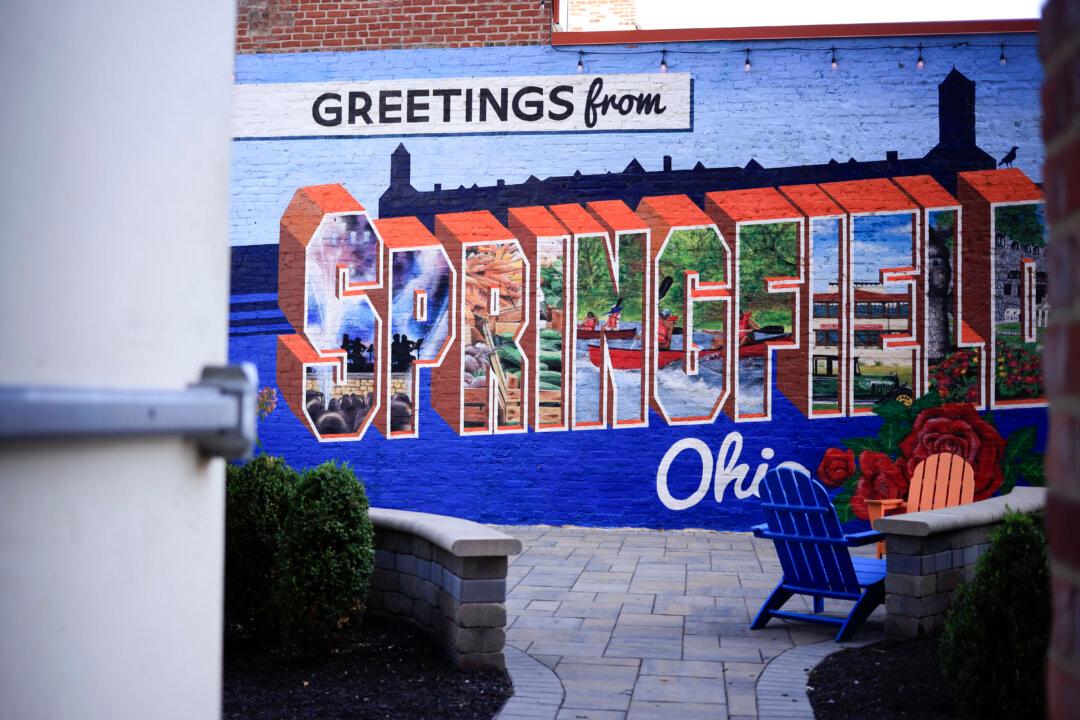Voters will head to the polls on June 7 in California, Iowa, Mississippi, Montana, New Jersey, New Mexico, and South Dakota for Republican and Democratic primaries that will decide who the parties’ nominees are for the November midterm general elections.
The 2022 midterms represent the first significant group of elections since President Joe Biden took office in January 2022, as Republicans are feeling confident about their chances to regain control of the House and Senate while Democrats are trying to at least maintain majority rule in both chambers.





